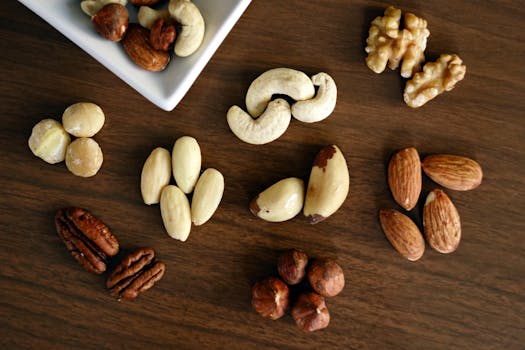Have you ever caught your curious cat nibbling on a piece of papaya and wondered if it’s safe? While cats are known for their inquisitive eating habits, not all foods are feline-friendly. Papaya itself might be okay in small amounts, but what about the seeds? Let’s dive into this question from a vet’s perspective.
🌱 Can Cats Eat Papaya Seeds?
Papaya seeds are small, black, and peppery-tasting. While they may have some health benefits for humans, they are not ideal for cats. Cats have very different digestive systems compared to us, and certain components in papaya seeds can pose risks.
Here’s why papaya seeds are not recommended for cats:
- Papaya seeds contain small amounts of benzyl isothiocyanate, a compound that can be toxic in large quantities.
- The seeds are hard and can pose a choking hazard, especially for smaller cats.
- They may cause gastrointestinal upset, such as vomiting or diarrhea, in sensitive cats.
While a single seed might not cause immediate harm, it’s best to avoid feeding papaya seeds to your feline friend altogether. Let’s explore more about how papaya and its seeds affect cats.
🍈 Is Papaya Safe for Cats?
Unlike the seeds, the flesh of ripe papaya is generally safe for cats in moderation. Papaya is rich in vitamins A, C, and E, which can support overall health. However, cats are obligate carnivores, meaning their bodies are designed to thrive on meat-based diets.
Here are a few things to keep in mind before offering your cat papaya:
- Feed only small, bite-sized pieces of ripe papaya.
- Avoid unripe papaya, as it can be harder to digest.
- Remove all seeds and the papaya skin, as these parts can be harmful.
While papaya isn’t toxic to cats, it should only be given as an occasional treat. Always prioritize their regular, nutritionally balanced cat food.
🤔 Why Do Cats Eat Unusual Foods Like Papaya?
It’s not uncommon for cats to show interest in human foods. This behavior can stem from curiosity, boredom, or even a desire to mimic their owners. However, cats lack the ability to taste sweetness, so their interest in fruits like papaya is more likely due to its texture or smell rather than its flavor.
If you notice your cat frequently seeking out non-meat foods, it could be a sign of nutritional deficiencies or other underlying issues. Consult your veterinarian to ensure your cat’s diet is meeting all their needs.
⚠️ Symptoms to Watch for if Your Cat Eats Papaya Seeds
If your cat accidentally ingests papaya seeds, you’ll want to monitor them closely for any signs of distress. Symptoms of potential issues include:
- Vomiting
- Diarrhea
- Lethargy
- Loss of appetite
- Choking or difficulty swallowing
In most cases, consuming a small number of seeds might not cause serious problems. However, if your cat shows any of the symptoms listed above or if they ingest a large quantity of seeds, contact your veterinarian immediately.
🐾 Vet-Approved Alternatives to Papaya
Looking for safe, cat-friendly treats? There are plenty of options that are both healthy and enjoyable for your feline. Here are some vet-approved alternatives:
- Small pieces of cooked chicken or turkey
- Plain, cooked fish like salmon or tuna
- Cat-safe vegetables like steamed carrots or green beans
- Commercially available cat treats
Always introduce new foods slowly and in small amounts to ensure your cat doesn’t have any adverse reactions.
FAQs
Q: Are papaya seeds toxic to cats?
A: Papaya seeds contain compounds that can be harmful to cats, especially in large amounts. It’s best to avoid giving them to your cat.
Q: Can cats eat papaya flesh?
A: Yes, ripe papaya flesh is safe for cats in small amounts. However, it should be given as an occasional treat and not as a replacement for their regular diet.
Q: What should I do if my cat eats papaya seeds?
A: Monitor your cat for symptoms like vomiting, diarrhea, or lethargy. If they show any signs of distress or consume a large number of seeds, contact your veterinarian immediately.
Q: Why do cats like to eat fruits?
A: Cats may be drawn to the texture or smell of fruits, even though they can’t taste sweetness. It’s often a sign of curiosity rather than a dietary need.
References
Book a $49 online vet consultation at https://www.dialavet.com for fast, expert advice.








